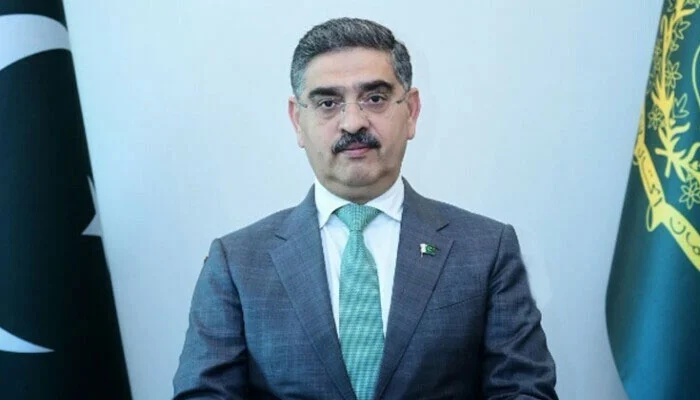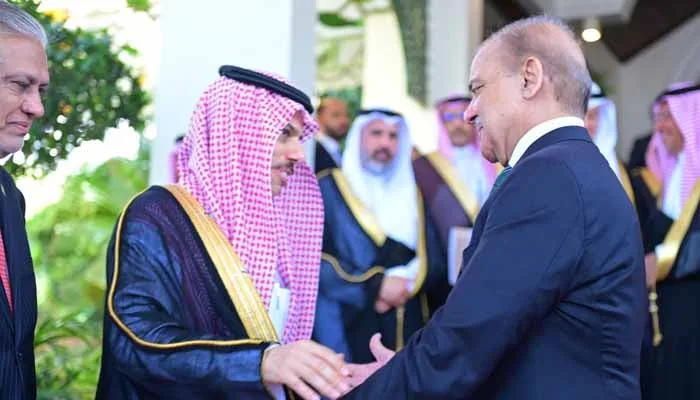In a recent meeting with a delegation from the Pakistan Broadcasters Association, Prime Minister Imran Khan highlighted the significant role played by media in a nation’s development and the intellectual and mental growth of its citizens. During this discussion, the Prime Minister focused on the role of media as the fourth pillar of the state, emphasizing its critical importance for the country.
The delegation engaged in discussions with Prime Minister Imran Khan, where they brought up issues related to various means of communication, particularly concerning the electricity shortage that affects media operations. Moreover, the delegation raised concerns about the government’s failure to fulfill its obligations in the context of advertisements.
Prime Minister Imran Khan assured the delegation that the government is committed to ensuring the timely payment of advertising dues and directed the Ministry of Information and Broadcasting to resolve this matter promptly. He acknowledged that safeguarding the rights of media representatives is a shared responsibility between the state and the media.
The Prime Minister underlined the necessity of effective and transparent communication between the government and media. He emphasized that media acts as a bridge, keeping the public informed about governmental policies and actions. Furthermore, he acknowledged the pivotal role of media in good governance and in holding the government accountable for its actions.
Prime Minister Imran Khan expressed hope that media outlets would continue to play an unbiased role in strengthening democracy by reporting impartially. He emphasized that the protection of media rights is essential for preserving democratic values and ensuring accountability.
Media, as the fourth estate, serves as a watchdog, scrutinizing government activities, and acting as a key player in upholding democratic values. Media outlets, both print and electronic, have a profound influence on society, shaping public opinion and holding the government accountable. They act as a bridge between the government and the public, serving as a crucial source of information for citizens.
The discussion surrounding the role of media in Pakistan’s democracy is an important one, reflecting the delicate balance between safeguarding press freedom and promoting accountability. The media is not just a platform for information dissemination but also a powerful agent for social change.
During this meeting, the delegation and the Prime Minister discussed a range of issues, including the financial stability of media organizations and the importance of timely payments for government advertisements. It is important for the government to uphold its financial commitments to media outlets, as timely payments can significantly impact the functioning of the media industry.
Furthermore, Prime Minister Imran Khan recognized that efficient communication between the government and media outlets is vital. It ensures that the public remains informed about government initiatives, policies, and activities. This transparency helps in building public trust and fostering a sense of ownership among citizens.
The Prime Minister’s statement underscores the importance of the media’s role in promoting good governance and accountability. Media outlets provide an essential check and balance by scrutinizing government actions and reporting on them. This monitoring function is critical in a democratic society to ensure that the government serves the best interests of its citizens.
The protection of media rights is a cornerstone of a functioning democracy. A free and independent media plays a significant role in upholding democratic values by acting as a voice for the public and holding those in power accountable. This responsibility highlights the need for governments to respect press freedom and allow media outlets to operate without undue interference.
The concept of the fourth estate is fundamental in democratic systems worldwide, as media outlets act as the fourth pillar alongside the executive, legislative, and judicial branches of government. Their role is to provide oversight and serve as a channel of information for the public, aiding in their decision-making processes.
Media, whether print or electronic, possesses the power to shape public opinion, educate the masses, and inspire social change. Their ability to act as intermediaries between the government and the people is crucial for maintaining an informed and engaged citizenry. Therefore, safeguarding the freedom and integrity of media outlets is paramount.
Prime Minister Imran Khan’s discussion with the Pakistan Broadcasters Association delegation underscores the crucial role of media in Pakistan’s democracy. Recognizing the significance of media as the fourth estate, the Prime Minister emphasized its role as a bridge of information between the government and the public. He also acknowledged media’s vital function in holding the government accountable and promoting transparency in governance. The protection of media rights is integral to upholding democratic values and ensuring a well-informed citizenry, allowing for a robust and participatory democratic system.



